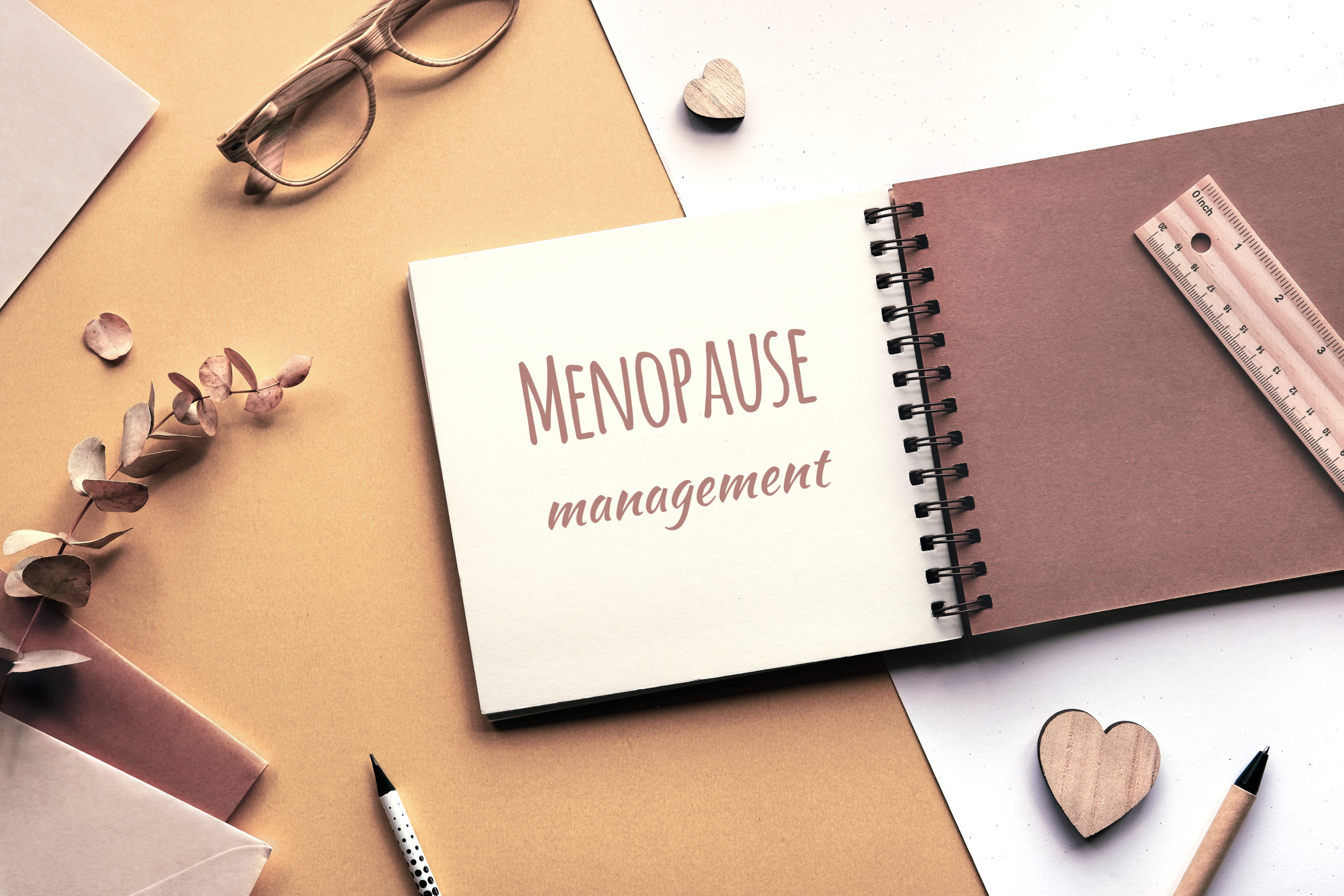On 22nd February 2024, the Equality and Human Rights Commission published their first guidance on menopause in the workplace. Whilst the guidance does not constitute a change in the law, it does provide employers with clarification of protections under existing law which may apply to workers who are experiencing menopausal symptoms.
Workers are already protected from discrimination, harassment and victimisation based on protected characteristics including age, sex and disability under the Equality Act 2010.
The new guidance is useful in situations where workers’ menopausal symptoms have a long term and substantial impact on their ability to carry out day to day activities, which may be considered a disability under the Equality Act. If this is the case, employers have a legal obligation to make reasonable adjustments, as they would for any other workers suffering a disability.
Employers could therefore be susceptible to claims in the following situations:
- Any failure to accommodate those workers could amount to disability discrimination.
- If a policy creates a disadvantage for workers experiencing long term menopause symptoms, the employer could face allegations, or even claims, of indirect age, sex or disability discrimination.
- If disciplinary action is taken against a worker because of their menopausal absence, it could amount to discrimination unless justified by the employer.
- The use of language in the workplace which ridicules or belittles workers experiencing menopausal symptoms could constitute harassment relating to age, sex or disability.
In order to avoid any of the above problems arising, employers should conduct adequate risk assessments of their workplaces.
Employers could also consider the following reasonable adjustments:
- Allowing flexibility in the workplace, such as allowing staff to work from home at short notice, or by allowing them to vary their start and finish times, if required.
- Recording menopause related absences differently to other absences, so as not to affect the worker’s absence records.
- Relaxing the requirement for a uniform.
- Providing spaces where staff can take breaks in quiet rooms.
- Allowing changes to room temperature and providing fans, if required.
All the above will help the employer to promote a menopause-friendly workplace which may attract and retain talent, without costing the employer too much.
Please note that this is a very brief summary of the key elements to effectively manage menopause in the workplace. The contents of this article do not constitute legal advice. If you require any further information please contact us at employment@berrysmith.com or on 02920 345 511.
